NPR brought Dr. Willie Parker and Rev. Barbara Prose together. Read their conversation about women’s reproductive rights and what it means to be an ally for each other.
Core to the All Souls’ mission is service and seeking justice through love. Over the years, our ministers have developed relationships with fellow justice seekers across the nation and world. One of those cherished relationships was sparked by This American Life and Morning Edition on National Public Radio, known as NPR.
Rev. Barbara Prose first learned about All Souls through the This American Life feature on Bishop Carlton Pearson, 304: Heretics. “That show was what put the church [All Souls] and Oklahoma on my radar.” Rev. Prose said. She later moved to Oklahoma to work in ministry for All Souls in 2011 and has served as the Executive Director of Ministry since 2014. Rev. Prose has more than twenty years of social justice experience, which includes immigration rights, reproductive justice, and racial justice. She was honored to receive the Social Justice Sermon award for her work in immigration in 2013.
304: Heretics was also heard by Dr. Willie Parker, one of the only doctors who provide abortion and reproductive care at “The Pink House”—the last remaining abortion clinic in Mississippi. Dr. Parker has been featured by Morning Edition, New York Times, Esquire Magazine, among others. Dr. Parker is also featured in Trapped, a documentary about clinic workers and lawyers in the battle to keep abortion safe and legal for American women. As a fan of Bishop Carlton Pearson since his singing days with Oral Roberts, Dr. Parker was moved by the Bishop’s shift from orthodox fundamentalism to The Gospel of Inclusion. “Bishop made such a radical departure from the teachings of Oral Roberts. He was so inclusive and that was radical. I was moved by Bishop Pearson the way Rev. Prose was moved by me,” Dr. Parker said.
Cue the second touch NPR had on Dr. Parker and Rev. Prose’ lives. “I was cleaning my house, listening to Morning Edition, and I stopped dead in my tracks. I heard this man speaking about women and abortion in a way I had never heard before,” Rev. Prose said. “Here is this man’s voice speaking so articulately, clearly, and directly about the issues with no apology—but also no anger. Often when people speak on these issues it’s so intense and controversial and personal they avoid the truth. Dr. Parker was doing the opposite of that. He was going right to the heart of the issues.” Rev. Prose knew she had to connect and they did. First it was a phone call and then an invite for Dr. Parker to visit All Souls in November 2015. A nod to NPR for bringing these two together is in order.
We asked Dr. Willie Parker and Rev. Barbara Prose to have a conversation about women’s reproductive rights and what it means to be an ally for each other.
Dr. Willie Parker, there was a time before you were called to perform abortions for women in Mississippi. Tell us about how you arrived to the decision to provide abortion care.
Dr. Willie Parker: They say when you struggle with your conscience and you lose but you really win. The battle with my conscience started well over 20 years ago. During medical school, I’d written an essay about abortion in the context of my fundamentalist understanding, intentionally taking a point of view that was different. I wrote that I didn’t know about the morality of abortion but I hoped women made that choice prayerfully. But when I was the physician dealing with women who had unplanned and unwanted pregnancies, I had to decide what my role was going to be. For the first 12 years I didn’t provide abortion care—I referred my patients to other providers. But, it felt like I was punting on my responsibility.
I was listening to Dr. King’s last sermon from April 3, 1968, I’ve been to the Mountaintop. He described what made the Good Samaritan good was instead of asking, “What will happen to me if I stop to help?” he asked “What will happen to this person if I don’t stop to help?” And that was the punch in my gut. I had to decide which person I was in that narrative.
The epiphany became both ethical and moral for me to do this work and it became unethical for me to not do this work.
Rev. Prose, you spent your early 20s doing feminist and reproductive rights work. Can you share your experience that made you want to stand up for women’s reproductive rights at such a young age?
Rev. Barbara Prose: Before serving in ministry I was a midwife for ten years. In my early 20s I experienced women and childbirth and found the power of a woman’s body to create life and give birth such a compelling and overpowering experience.
I did my midwifery training on the border of Mexico and worked in Mexico for quite a while. I saw the reality of poor women’s lives, with multiple children, often in male dominated households. Working with traditional midwives in a country where abortion is illegal and birth control is hard to come by, women have to sneak behind their husband’s backs to take birth control because they know that they, physically and economically, cannot support more children. In those countries where abortion is illegal and women want some control over their lives, they will try desperately to have access to birth control, and they will have abortions, illegal or not. Often they will die as a result. As a woman, attending other women in childbirth, I have great respect for the female body to bear life, that respect extends to a woman who knows that her life situation does not support having another child.
Dr. Willie Parker, there has been extensive national coverage of your work. And because of it, you’ve lifted the social conscience society. You speak for the women you care for in Mississippi and for women’s reproductive rights. How did that happen?
Dr. Willie Parker: It’s amazing how what is heard is often more important than what is said. I was on Capitol Hill advocating for women’s reproductive rights and a journalist asked me questions about my background. I told him I grew up in the South with a fundamentalist Christian understanding. The journalist asked, “So, you’re a Christian?” I said, yes I am. And that was the tagline, “Christian Doctor Does Abortions.”
This tagline immediately started a dialog online. Along with people who were grateful, others were less unsettled by the fact that I provided abortion care, than they were by the fact that I provided abortion care and claimed a Christian identity. And so, I began to make the case for the sacredness of women’s right to bodily autonomy and determination. And, I do it with a spiritual and religious understanding which is a direct affront to patriarchy. I can’t embrace a theology or religious understanding that says women are less morally capable than myself. I’m not going to concede the moral high ground. The truth will do. I do this work from a place of religious calling and spiritual understanding. That is not an orthodox position to take but it was an opportunity to create a broader space, and a broader narrative, that would liberate and empower women.
Many of the women I have provided care for have some sort of religious understanding and many, if not all, have asked me about their abortion in the context of their faith. For example, women on the table would say to me, “Do you think God will forgive me for killing my baby?”
It is important for many of those women that I came from a position of faith, even if I don’t share their particular faith. It became clear to me that I needed to push back and create a space for these women to operate within the context of their lives and the context their faith, and I began to say that publicly. I began to push back on the notion that there is more than one way to understand what is sacred and spiritual.
For me the transcendent nature of it is I don’t have to be a woman to understand the sacredness of women’s choices, because it’s a human right.
My religious, my spiritual, and my Christian understanding has caused me to live a transcendent life. That means that even though I will never have an abortion, I have as much responsibility as a fellow human being to speak up on the issue.
Dr. Willie Parker, you actively serve as an ally for a marginalized group of people. Rev. Prose, why is it important for women to have men as our allies?
Rev. Barbara Prose: We don’t get pregnant all by ourselves but somehow we get stuck holding all the responsibility for whether or not we bear our children and how we raise our children.
We need men to speak out on our behalf, and to step up and assume responsibility, and to say out loud, I don’t want to raise that kid either, lets talk about what the options are—and to not isolate and continue to objectify women as if women are responsible alone.
Dr. Willie Parker: Analogously men have to realize that patriarchy costs us something as well. In speaking out I’m not just being a good dude. I’m not being benevolent. I’m being self-interested by saying if a system costs me part of my humanity I’d very well be vested in dismantling that system.
I was at the Women Deliver meeting in Copenhagen and they asked for a tagline. I said what occurs to me is what patriarchy and sexism have cost us. Let’s say women make up 55 percent of the world’s population. Patriarchy says that men get to make one hundred percent of the decisions.
We need 100 percent of human ingenuity to fix the complex problems we have. Women make up more than half but we’ve been trying to fix all the world’s problems with only 45 percent of the brainpower. It’s in my interest to engage the full brainpower of humanity. As a man doing this kind of work around women it’s just the context in which I’m doing human right’s work. People often ask me, “What’s in it for you?” My humanity is in it for me.
Rev. Barbara Prose: And that’s the beautiful yin-yang of our relationship. Me, as a white woman, I am involved in anti-racist work and fight against white supremacy. As a white woman I could easily ignore racial oppression and the history of slavery in this country. But, I can’t do that because it compromises my humanity.
Dr. Willie Parker: As a minister, she’s speaking from an authoritative place that’s often reserved for men. As a Black man, I’m not “supposed” to be a doctor. I’m only “suppose” to be a ball player or a thug.
Rev. Barbara Prose: It really is that our humanity is at stake. It feels so wrong to be isolated. Dr. Parker once said to me that my identity is being forced upon me. My whiteness is not a privilege that I want. I know it exists and I can’t change the color of my skin. But, for my own redemption I have to work for the freedom of others, and the full expression of their human rights. If I don’t, I’m turning away from suffering that I know exists and that would be compromising myself.
Dr. Willie Parker: You’re engaged in racial treason and I’m engaged in patriarchal treason. My birth right as a man, even a marginalized man of color, gives me privilege over you, a woman. This is a man’s world.
But, each of us hold the power, from within our privileged positions, to be traders to that privilege.The work I do is an intentional act of treason to patriarchy. The racial justice work you do is an intentional act of treason to skin privilege. We choose to not to accept any passive benefits that will occur to us because of our privilege. That’s the only way to cleanse our souls.
In addition to being allies for each other, you are both advocates for destigmatizing women’s sexuality. There is a lot of work to be done on this front as well. What can you share with us?
Rev. Barbara Prose: In seminary, I wrote a paper on women’s reproduction in the Ancient Near East—so in biblical times—and one of my discoveries was that women have always contrived forms of birth control. For example, women used to use half a lemon as a kind of diaphragm. It would change the acidic balance of their bodies and it worked as a kind of barrier to the sperm.
Western religions and monotheistic religions are very patriarchal. There are books written by men about women’s bodies, when women’s bodies switch from a matriarchal lineage to a patriarch and property was owned by men and passed down to men. It’s an economic arrangement. But, in truth we are all sexual beings. The fact that we are sexual beings and we have the power in our bodies most women will become pregnant and make choices.
And we’ve always been making those choices. I think there must have been a time before these Monotheistic religions when spirituality and women’s bodies were not at war or at odds with one another. I imagine a day when that is true again.
Dr. Willie Parker: The monotheistic and patriarchal traditions killed off the Goddess. What would be a sacred relationship of Father God and Mother God? The Mother God has been killed and now there’s only Father God. The whole “I – Thou” relationship between God and Humans exists, and interpersonal relationships are also a reflection of the “I-Thou” relationship. The restoration of the notion that sex is a bond, a beautiful gift of relations, which are lateral between humans, are just as beautiful and vital as the sacred vertical relationships between us and God.
Rev. Barbara Prose: The other thing to add is historically, women have not been empowered to say no to sex. Girls are taught to say yes to boys. They are sold on this romantic notion of love, and sex is part of that. One way to decouple our sexuality from procreation is to focus on women’s self-possession and the possession of our own sensuality and sexuality. Also, to own the decisions about not only reproduction but also about when, how, and with whom she wants to have sexual relations. It is a sacred part of our experience, that way we are able to connect with each other physically. I wish people who worry about whether women are having these babies or not would worry more about women being able to say no or yes to sex – choosing what is right between them long before they get pregnant.
Dr. Willie Parker: What constitutes empowerment and mutuality and introducing equality is men being able to say no to sex without fear of having their masculinity questioned, and women being able to say yes to sex or to initiate sex for pleasure without fear of judgment or shame. So, as a man, I don’t perceive sex as an entitlement—or an expectation that I should always be in pursuit of it. And a woman cannot value herself based primarily by her ability to market herself to a man for his pleasure. There’s a lot of work that needs to be done.
The most essential place that work needs to be done is in religion.
Rev. Barbara Prose: Well, in Unitarian Universalism, there is no Original Sin, there is Original Blessing. Human sexuality is a gift. If you start with that premise, then it’s about how we act in our relationships; honestly, responsibly, openly. We’re co-equal. Men and women are both responsible the decision to have sex and whatever the outcome is from having sex. It’s not only on women. The story we are stuck in is that women seduce men and men can’t control themselves.
Dr. Willie Parker: To that root, there are a lot of problems that could be solved if society could have a healthier understanding of sex and sexuality.
In all of the work you do, both of you face criticism. What do each of you say to your critics?
Dr. Willie Parker: My critics are often critical that my narrative and spirituality is more inclusive. I am willing to honestly disagree with my critics. I safeguard my heart and my integrity by making sure that my critics are always opponents, not enemies. I don’t vilify people or dehumanize them. I am willing to engage in hard dialog that is uncomfortable, but I am not willing to devalue them. I say to my critics; honest disagreement is the beginning of progress.
Rev. Barbara Prose: For me the conversation has to start with what is real. I believe in a God that lives here and now in each and every one of us. Jesus also taught compassion and mercy and mercy has a higher value than justice.
To be in a conversation with someone who objects to reproductive justice and objects to a woman having the right to choose which children she wants to have and which children she doesn’t want to have, I need to be in a conversation that is not full of hate. The conversation must come from a position of love and compassion for the real situation of each mother and each child. If the conversation can start there, anything is possible. The conversation has to start with merciful heart and compassion.
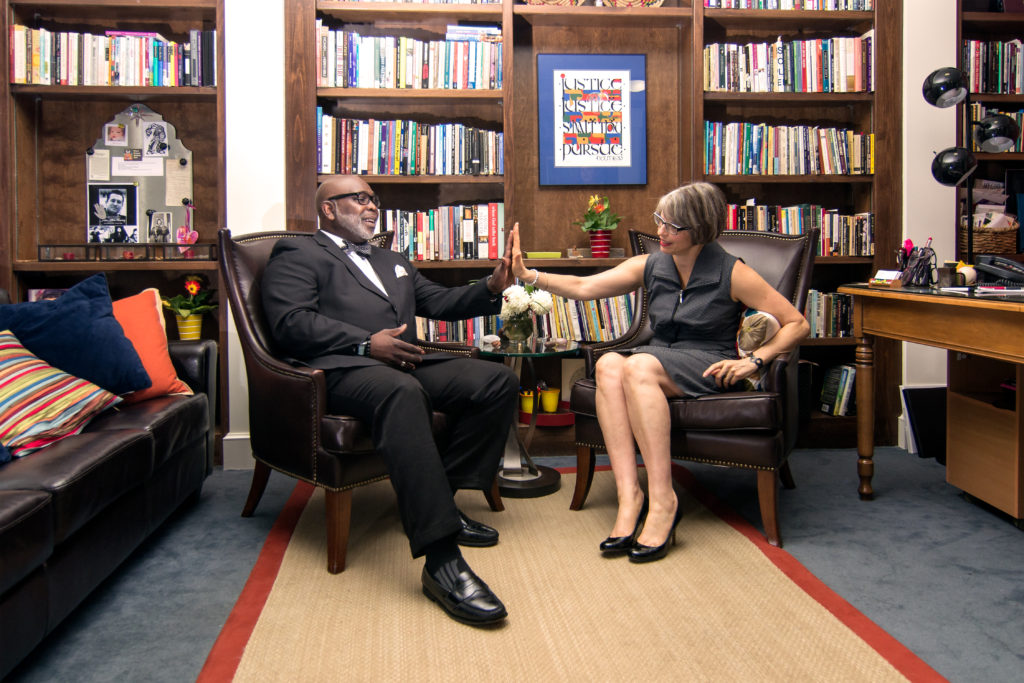 Photo Credit: Jim Gillispie
Photo Credit: Jim Gillispie
###
Visit DrWillieParker.com to learn more about his work for women and reproductive justice. His newest book, Life’s Work, pulls from his personal and professional journeys as well as the scientific training he received as a doctor to reveal how he came to believe, unequivocally, that helping women in need, without judgment, is precisely the Christian thing to do.

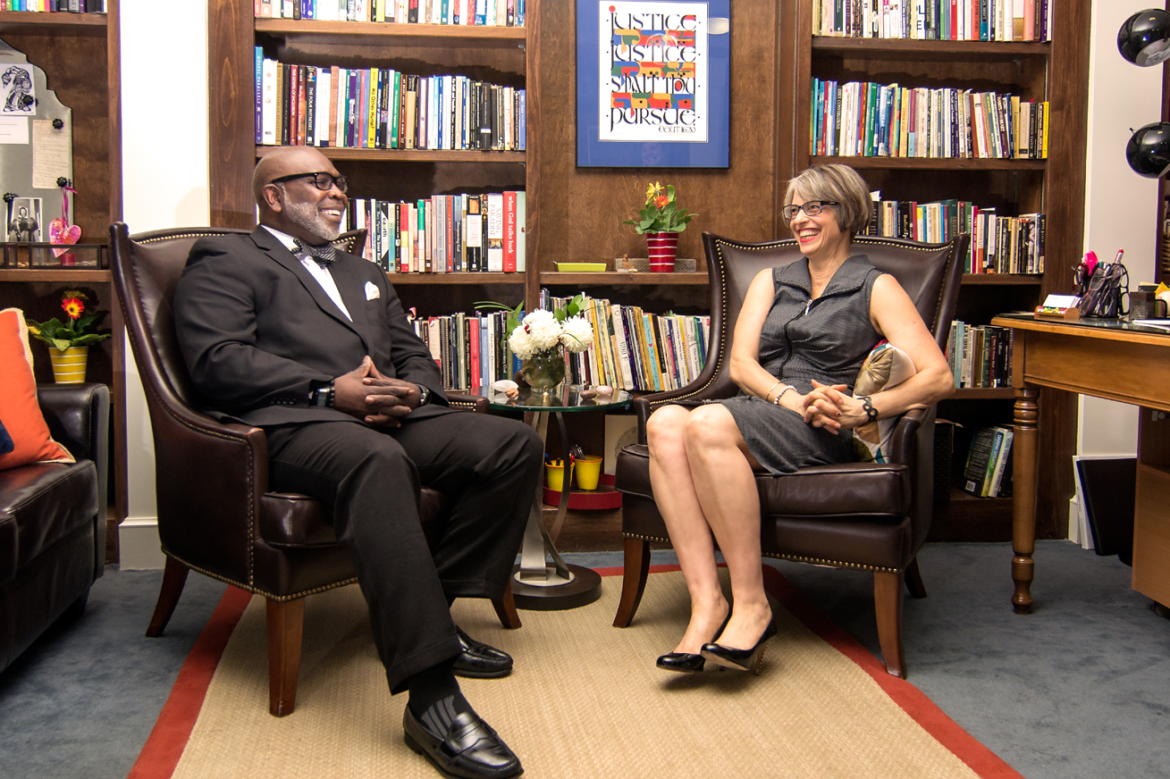








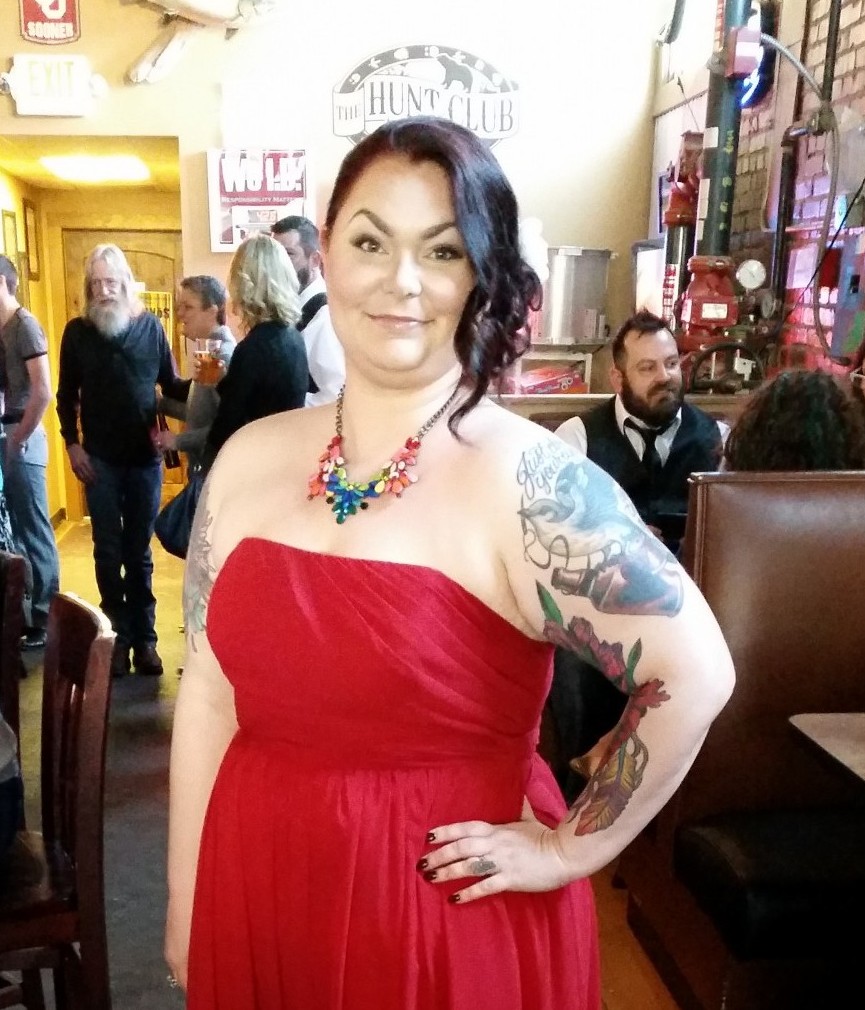
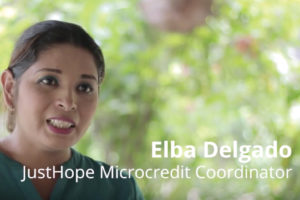
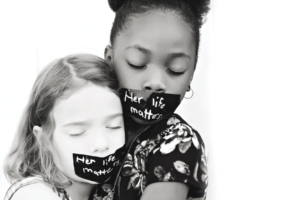
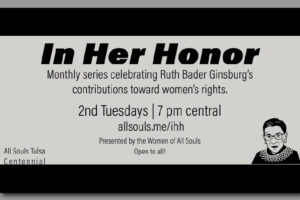
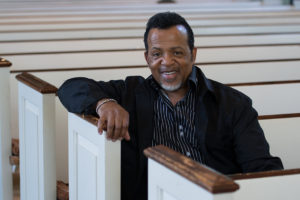
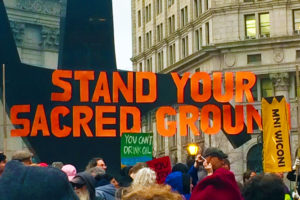

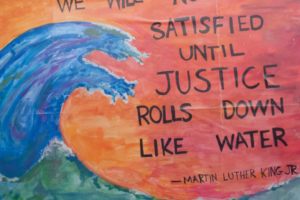
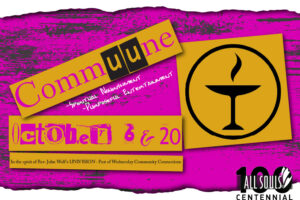



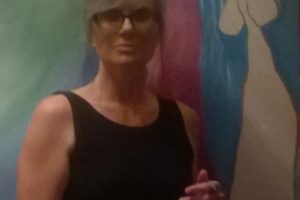



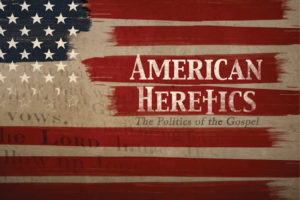

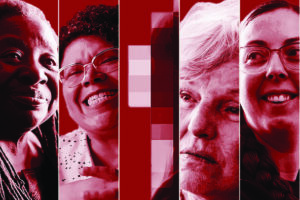


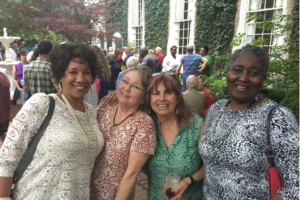

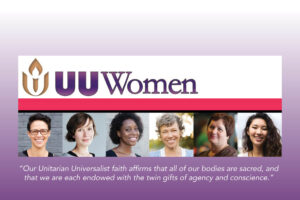
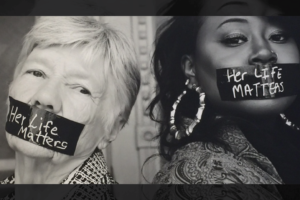
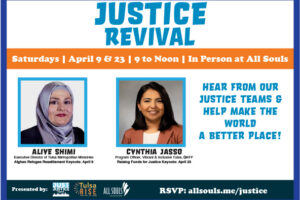
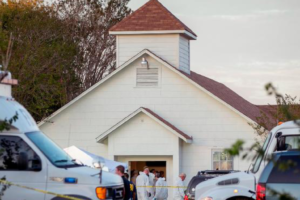


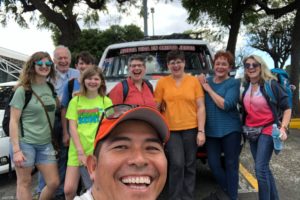
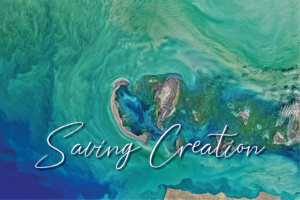




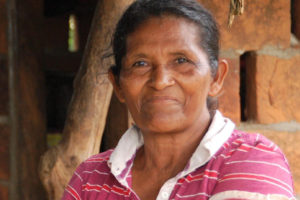

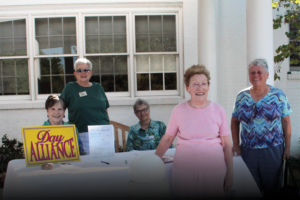
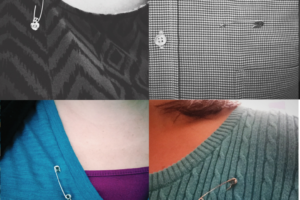
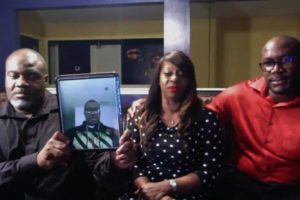



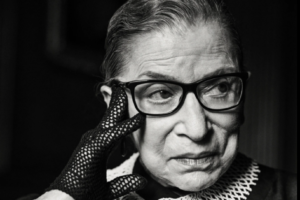
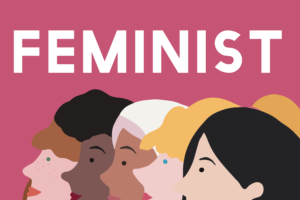

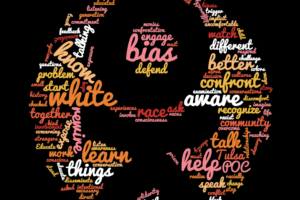



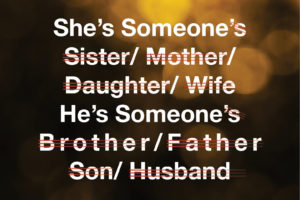
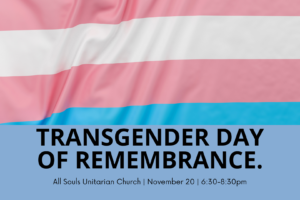
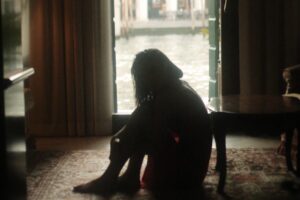


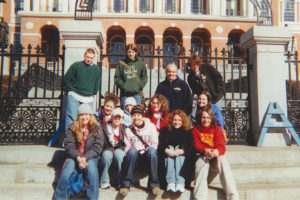
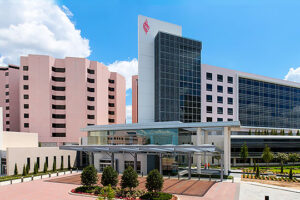

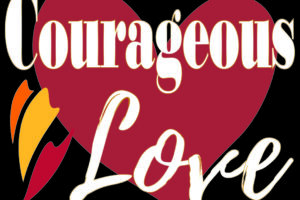

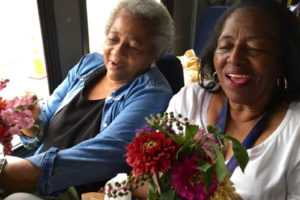
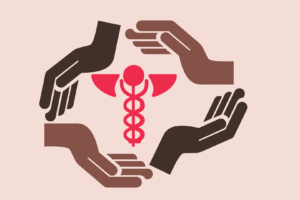
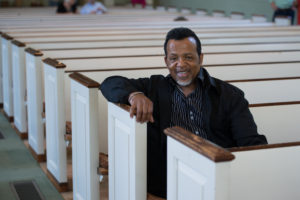
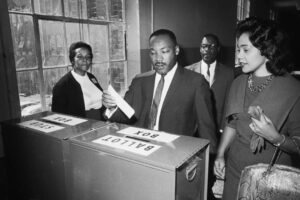
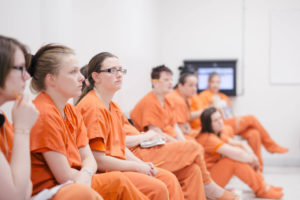

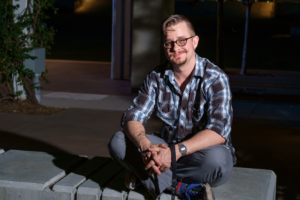

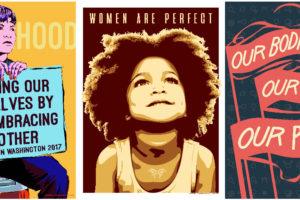


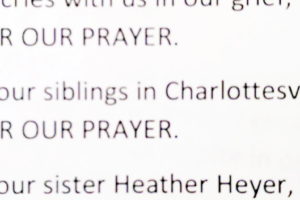
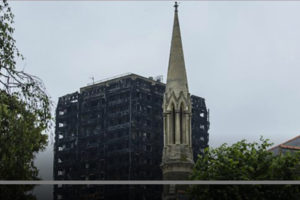
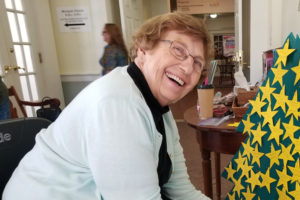
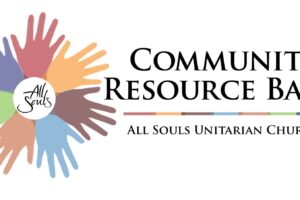

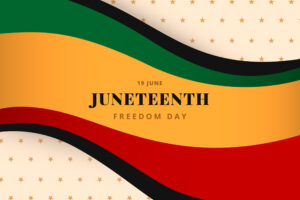


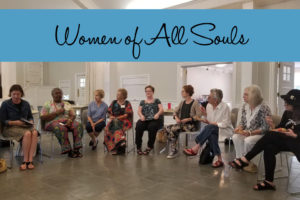

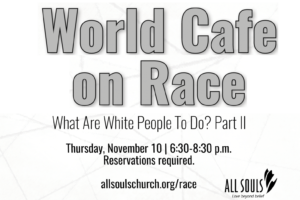

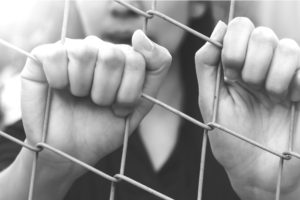
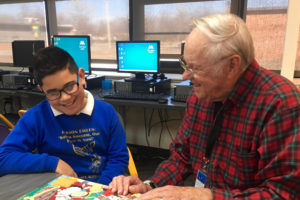
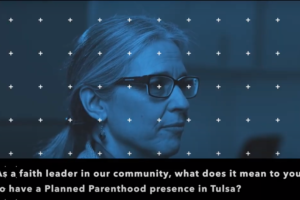


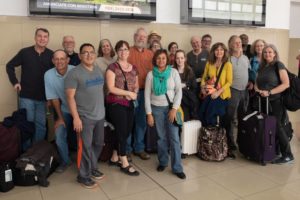



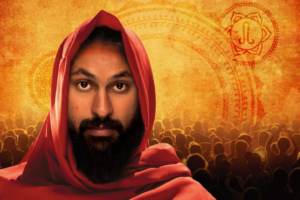
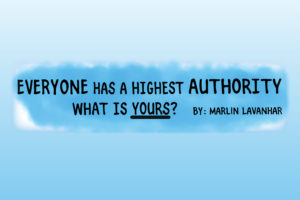

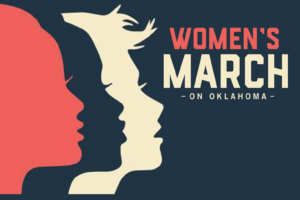


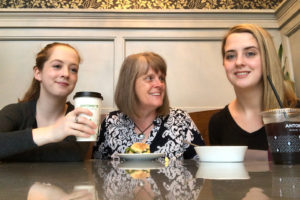
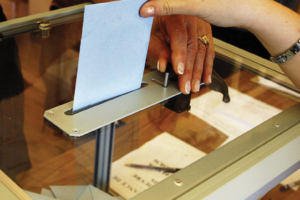
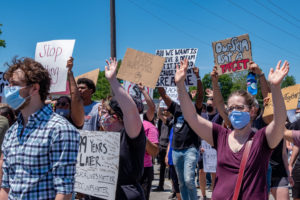

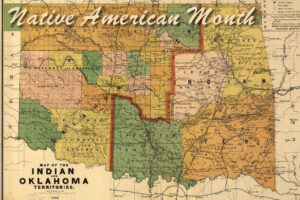
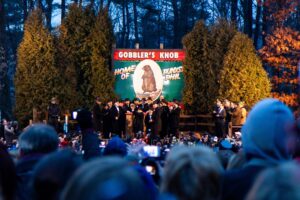
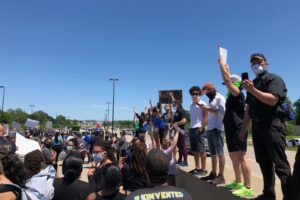
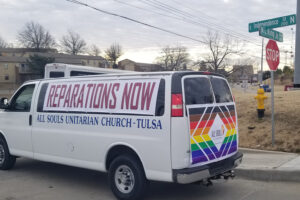

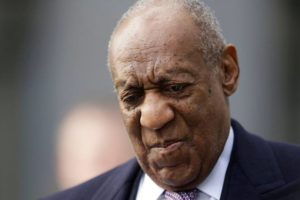
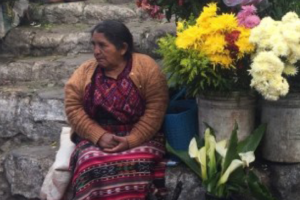

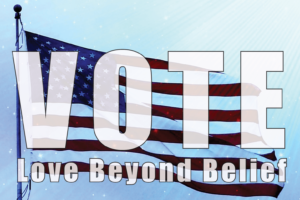
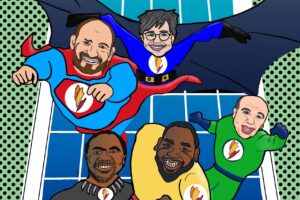
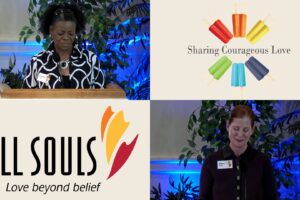

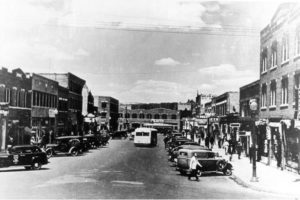
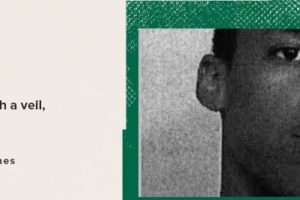

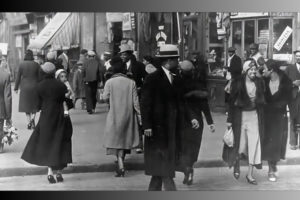

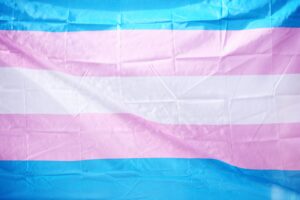
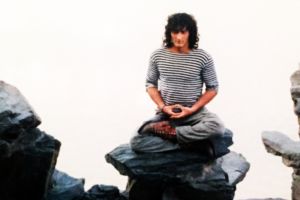


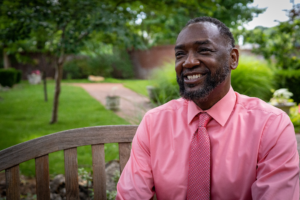
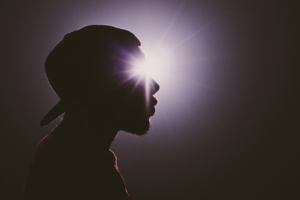
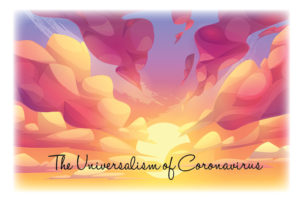
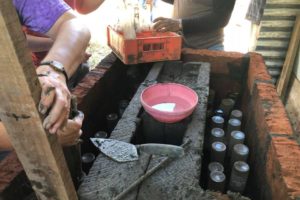

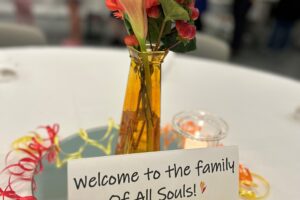

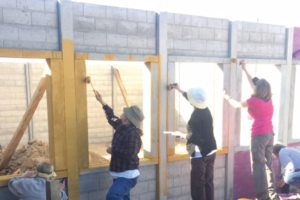

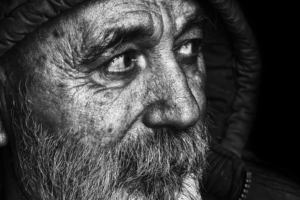
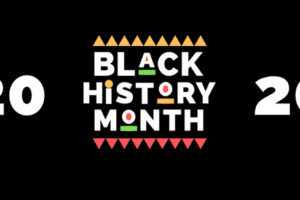
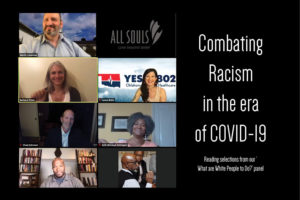
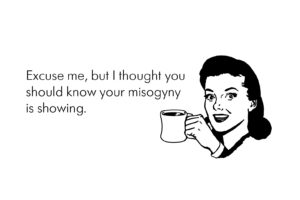


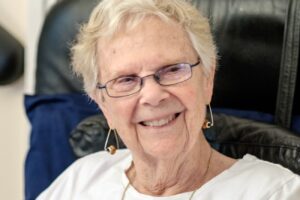

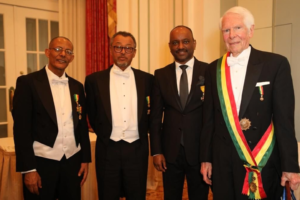
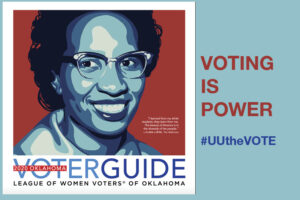

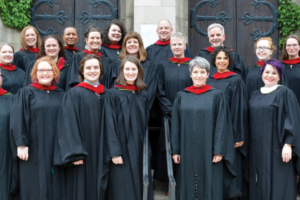
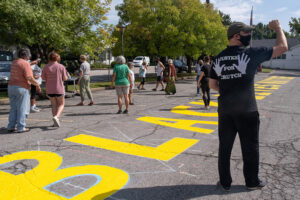
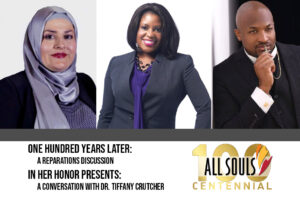
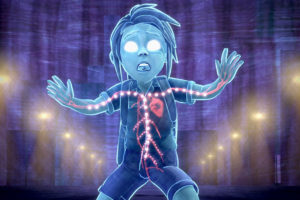
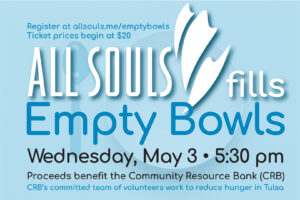

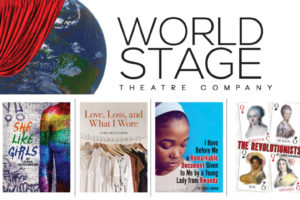
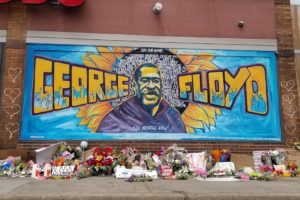
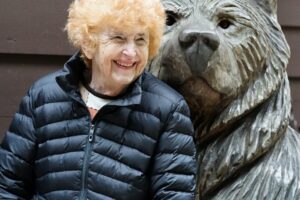
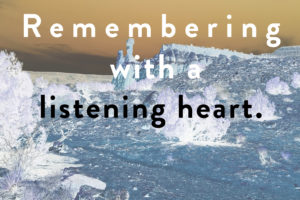

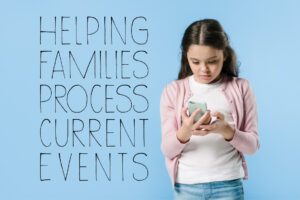
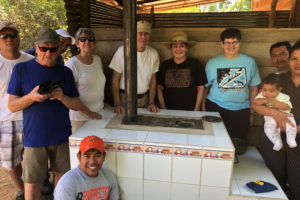
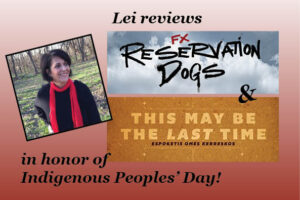


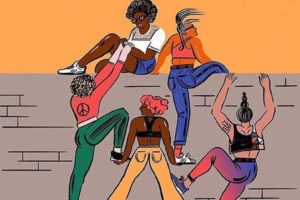
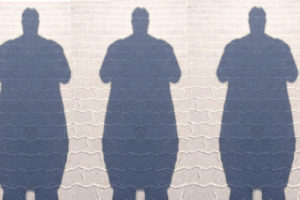
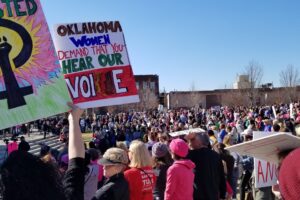
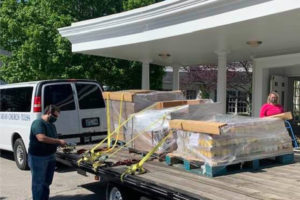
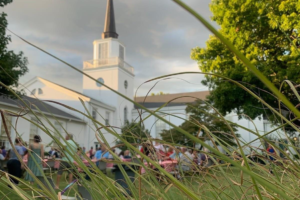

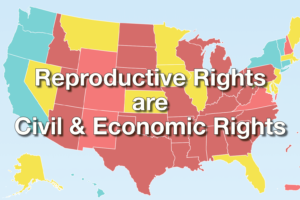
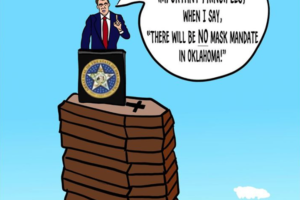
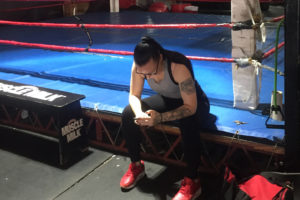
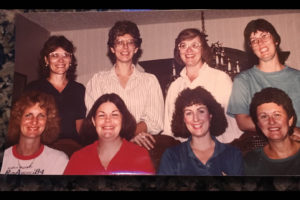
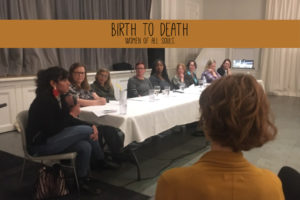
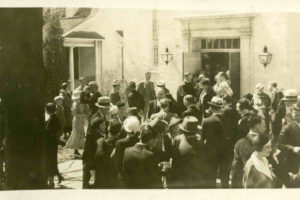

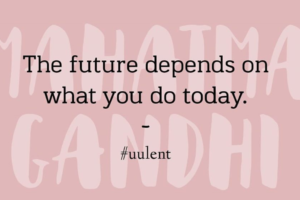
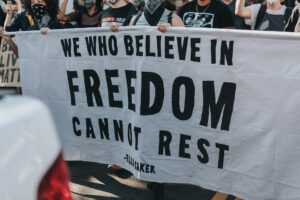
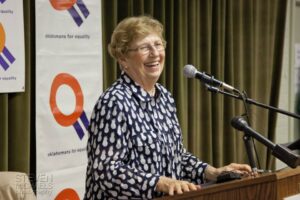

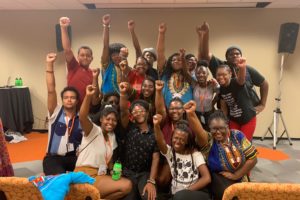

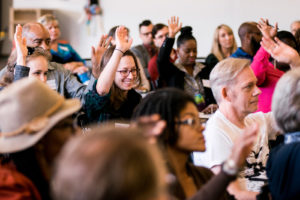
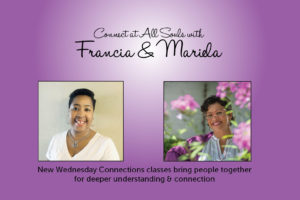
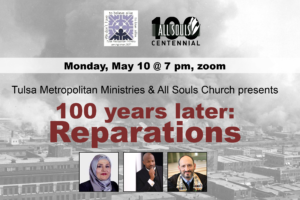


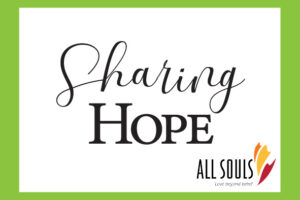

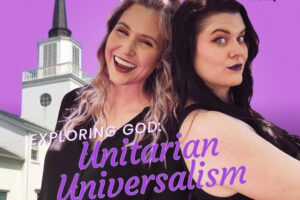
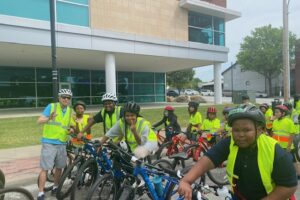
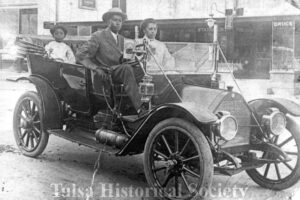
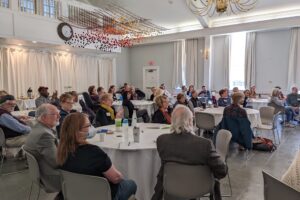
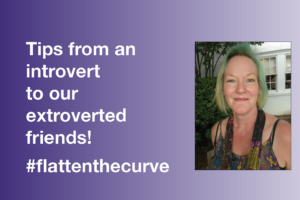


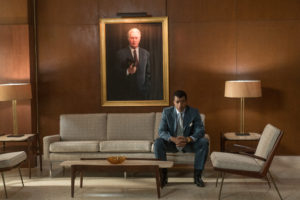
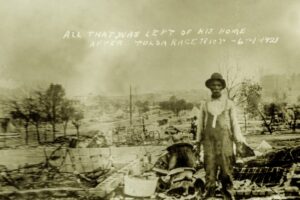


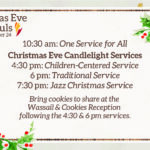
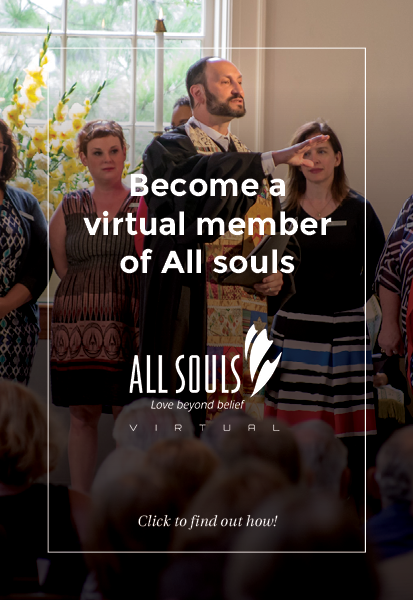

1 Comments
[…] She is a regular contributor to BeyondBelief.online and is featured with Dr. Willie Parker in, NPR Builds a Social Justice Relationship. Rev. Prose utilizes her down time to help fuel her efforts for women’s rights, her work with […]